Bill & Melinda Gates Foundation (BMGF)
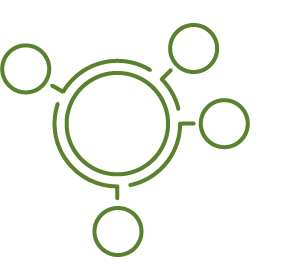
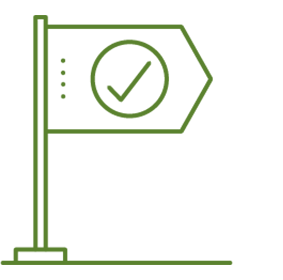
The Bill & Melinda Gates Foundation (BMGF) is a not-for-profit organisation that aims to fight poverty, disease and inequity across the world. BMGF’s Global Health Division focuses on reducing the burden of infectious diseases and the leading causes of death for women and children in developing countries.
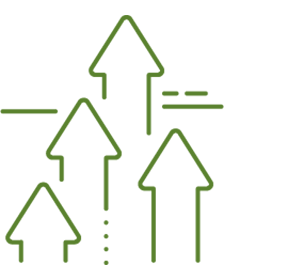
The majority of BMGF’s funding is proactive and made to US tax-exempt organisations that are independently identified by the BMGF staff. For further details on this process, please click here.
In addition, BMGF issues calls for proposals under Grant opportunities, focusing on key health and development issues.
Please see below for more information about open opportunities.
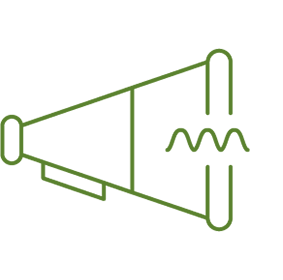
There are currently two open funding opportunities:
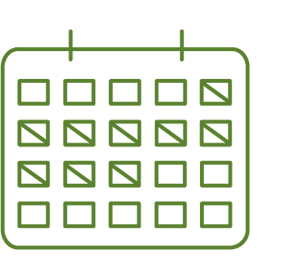
- OPTION A: 31 January 2025 at 11:30 AM (PDT)
- OPTION B: 31 May 2025 at 11:30 AM (PDT)
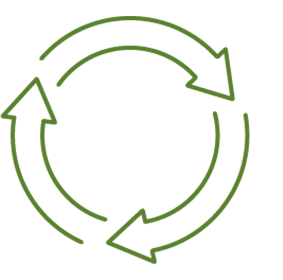
For further information on the anticipated future calls for proposals, please refer to the Grant opportunities webpage.
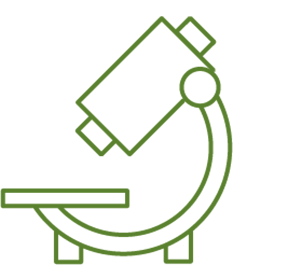
Grant

Detailed in the specific call for proposals
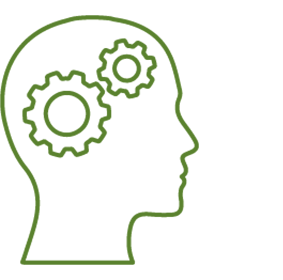
BMGF has adopted a Global Access policy to ensure foundation-funded projects and the resulting products, services, processes, technologies, materials, software, data and other innovations will have positive impact on the designated beneficiaries of BMGF’s work. This policy requires that (a) the knowledge and information gained from a foundation-funded project be promptly and broadly disseminated, and (b) the funded developments be made available and accessible at an affordable price to intended beneficiaries.
For further information, click here.
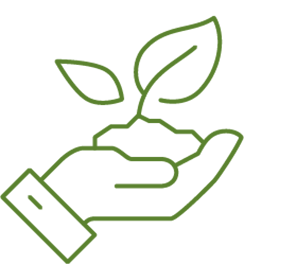
Detailed in the specific call for proposals


